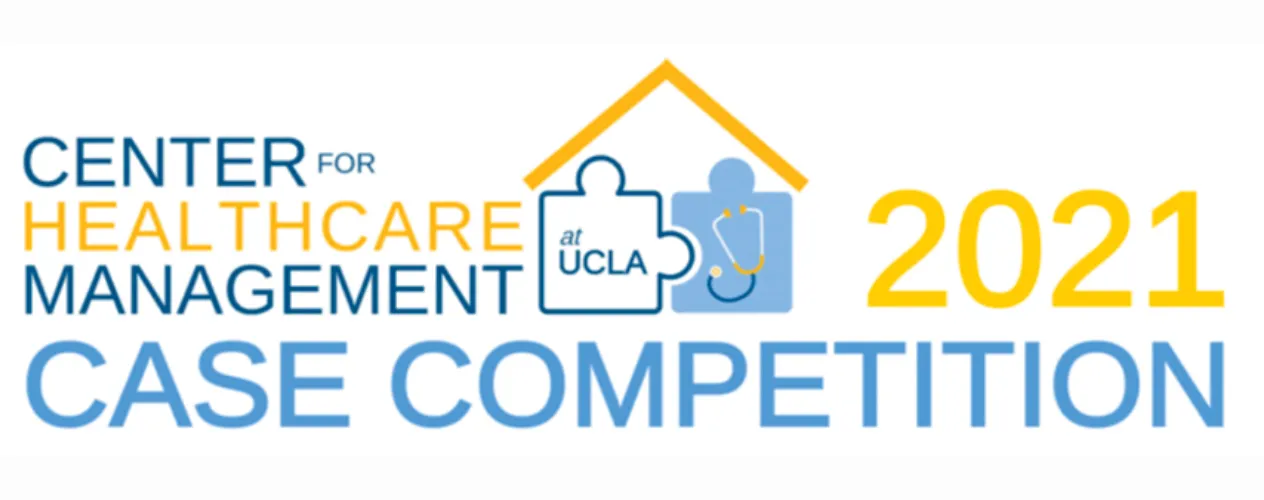UCLA Fielding School of Public Health to host international competition for health care management scholars
UCLA Fielding School of Public Health and UCLA Center for Healthcare Management sponsors virtual competition.

The UCLA Fielding School of Public Health will host the second annual “Healthcare Management Case Competition,” pitting teams of graduate students against each other to solve a real health care challenge presented by UCLA Health, the premier sponsor.
“The competition provides health care management graduate students an opportunity to put what they have learned into practice,” said Laura Erskine, UCLA Fielding School of Public Health professor of health policy and management and co-director of the Fielding School’s UCLA Center for Healthcare Management. “Student teams, of up to four members and from around the world, are challenged to provide solutions and recommendations to a real-time, real-world management challenge. It gets very competitive, and is a great, `hands-on’ learning exercise for the participants.”
The competition is open to graduate students studying healthcare management at a nationally accredited school, and the competition will be held in an entirely virtual format this year. Registration for the event will close on November 12, 2020; there is no fee for registration or participation, and there is no limit to the number of teams that may participate. Prize money totaling $30,000 is available for the top four teams. Semi-finals and finals will take place January 29, 2021.
Previously, the semi-finals and finals have been in person in Los Angeles. Of the 35 teams from across the country that entered in 2020, a team of four first-year students from the Fielding School’s health policy and management major competed and came in third.
“It really pushes you outside of your comfort zone, while encouraging professional development and strengthening critical thinking and analytical skills,” said Rosette Perez, a graduate student on that team and co-president of the UCLA FSPH Health Policy and Management Student Association (HPMSA). “I gained valuable knowledge, in not just the healthcare industry and the issue presented, but also in how to work effectively with a team and how to think strategically about complex, healthcare problems.”
FOR MORE INFORMATION
The UCLA Fielding School of Public Health, founded in 1961, is dedicated to enhancing the public's health by conducting innovative research, training future leaders and health professionals from diverse backgrounds, translating research into policy and practice, and serving our local communities and the communities of the nation and the world. The school has 690 students from 25 nations engaged in carrying out the vision of building healthy futures in greater Los Angeles, California, the nation and the world.
Faculty Referenced by this Article

Dr. Ron Andersen is the Wasserman Professor Emeritus in the UCLA Departments of Health Policy and Management.

EMPH Academic Program Director with expertise in healthcare marketing, finance, and reproductive health policy, teaching in the EMPH, MPH, MHA program









